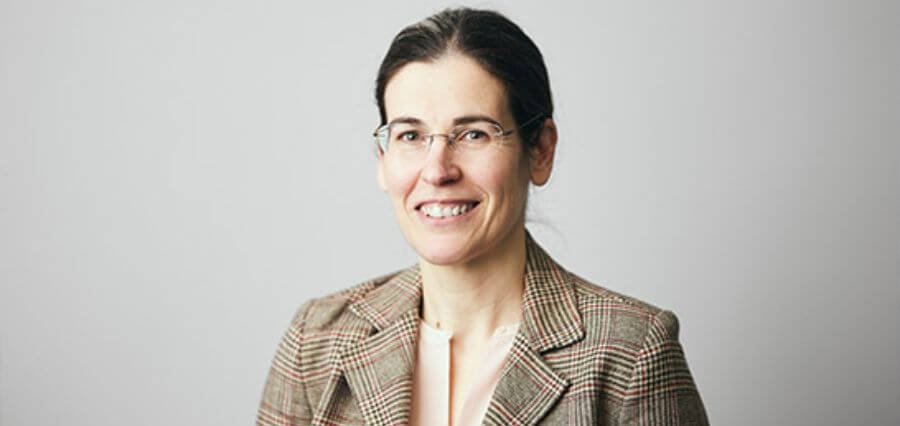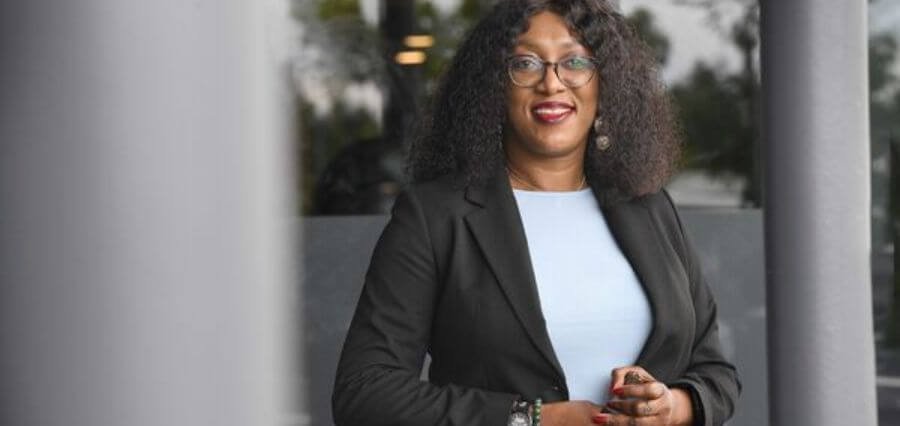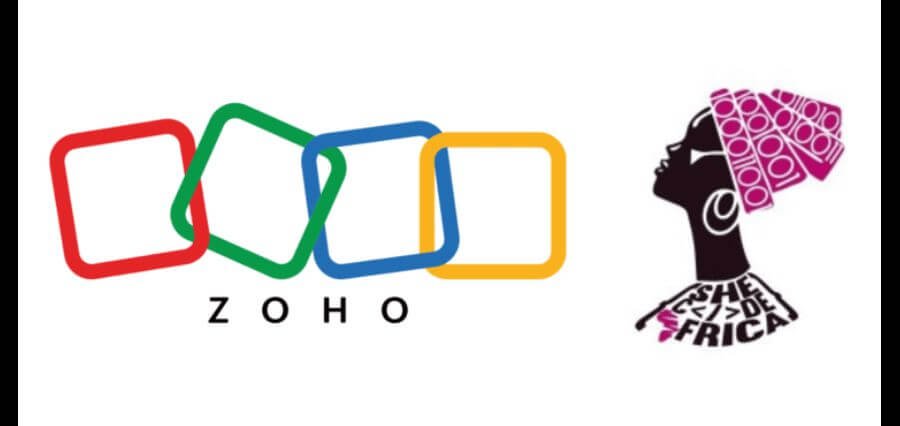Women have been disrupting traditional business norms for decades, but in recent years their impact has become more visible and influential than ever before. Women are now taking on leadership roles, starting their own businesses, and challenging long-standing gender biases in the workplace. In this article, we will explore how women are disrupting traditional business norms, including the ways in which they are breaking down barriers, fostering diversity and inclusion, and driving innovation.
Breaking Down Barriers
One of the most significant ways in which women are disrupting traditional business norms is by breaking down barriers that have traditionally prevented them from entering certain industries or achieving leadership positions. Women are now breaking through glass ceilings in traditionally male-dominated fields such as finance, technology, and politics. They are also creating their own businesses in record numbers, with women-owned businesses representing the fastest-growing segment of new business ventures.
Women are also challenging traditional notions of what it means to be a successful business leader. They are rejecting the idea that leaders must be aggressive, dominant, and confrontational and instead emphasizing the importance of collaboration, empathy, and emotional intelligence. Women are proving that leadership can take many forms and that diversity in leadership styles can be a strength rather than a weakness.
Fostering Diversity and Inclusion
Another way in which women are disrupting traditional business norms is by fostering greater diversity and inclusion in the workplace. Research has shown that diverse teams are more innovative, creative, and effective than homogenous teams. Women are championing diversity and inclusion in the workplace, not just because it is the right thing to do but because it is good for business.
Women are advocating for greater representation of women and people of color in leadership positions and pushing for policies and practices that support work-life balance and flexibility. They are also creating networks and communities that support underrepresented groups in the workplace and working to eliminate unconscious biases that can prevent individuals from reaching their full potential.
Driving Innovation
Women are also driving innovation in the business world by bringing new perspectives, ideas, and approaches to the table. Women are often underrepresented in the fields of science, technology, engineering, and mathematics (STEM), but those who do enter these fields are making significant contributions. Women are bringing new insights and approaches to fields ranging from medicine and engineering to artificial intelligence and data analytics.
Women are also leading the charge when it comes to social innovation and entrepreneurship. They are creating businesses and organizations that tackle some of the world’s most pressing social and environmental challenges, such as poverty, inequality, and climate change. These businesses are proving that profit and purpose can coexist and that business can be a force for good in the world.
Creating More Inclusive Workplaces
Women are bringing a new perspective to the way businesses operate, with a focus on creating more inclusive and diverse workplaces. They are working to eliminate gender and racial biases, advocating for equal pay and benefits and pushing for family-friendly policies such as flexible work arrangements and paid parental leave. This has led to a shift in workplace culture and increased opportunities for women and other underrepresented groups.
Embracing Entrepreneurship
Women are increasingly choosing entrepreneurship as a career path and are starting businesses at a higher rate than men. They are creating companies that are not only financially successful but also have a positive impact on society and the environment. Women-led businesses are often more collaborative and less hierarchical than traditional businesses and are more likely to prioritize the well-being of their employees and the communities they serve.
Redefining Leadership
Women are redefining what it means to be a leader in the business world. They are challenging traditional notions of leadership, which have often been associated with masculine qualities such as assertiveness and dominance. Instead, they emphasize the importance of collaboration, empathy, and emotional intelligence in leadership. This has led to a more diverse range of leadership styles and a more inclusive approach to decision-making.
Breaking Down Industry Silos
Women are breaking down industry silos and bringing new ideas and approaches to fields that have been traditionally male-dominated. For example, women are making significant contributions to the fields of science, technology, engineering, and mathematics (STEM), which have historically been dominated by men. Women are also bringing new insights to fields such as finance, politics, and entrepreneurship and are challenging the status quo in these industries.
Prioritizing Sustainability
Women are prioritizing sustainability in the business world, recognizing the importance of environmental and social responsibility. They are creating companies that prioritize sustainability and environmental stewardship and are leading the charge when it comes to social entrepreneurship and impact investing. Women-led businesses are often more likely to prioritize sustainable practices and have a positive impact on the environment and society.
Conclusion
Women are disrupting traditional business norms in many ways, from breaking down barriers and fostering diversity and inclusion to driving innovation and social entrepreneurship. Women are proving that leadership can take many forms and that diversity in leadership styles can be a strength rather than a weakness. Women are also showing that business can be a force for gain in the world and that profit and purpose can coexist. As women continue to challenge traditional business norms, the business world will become more diverse, innovative, and inclusive, creating a better future for everyone.





